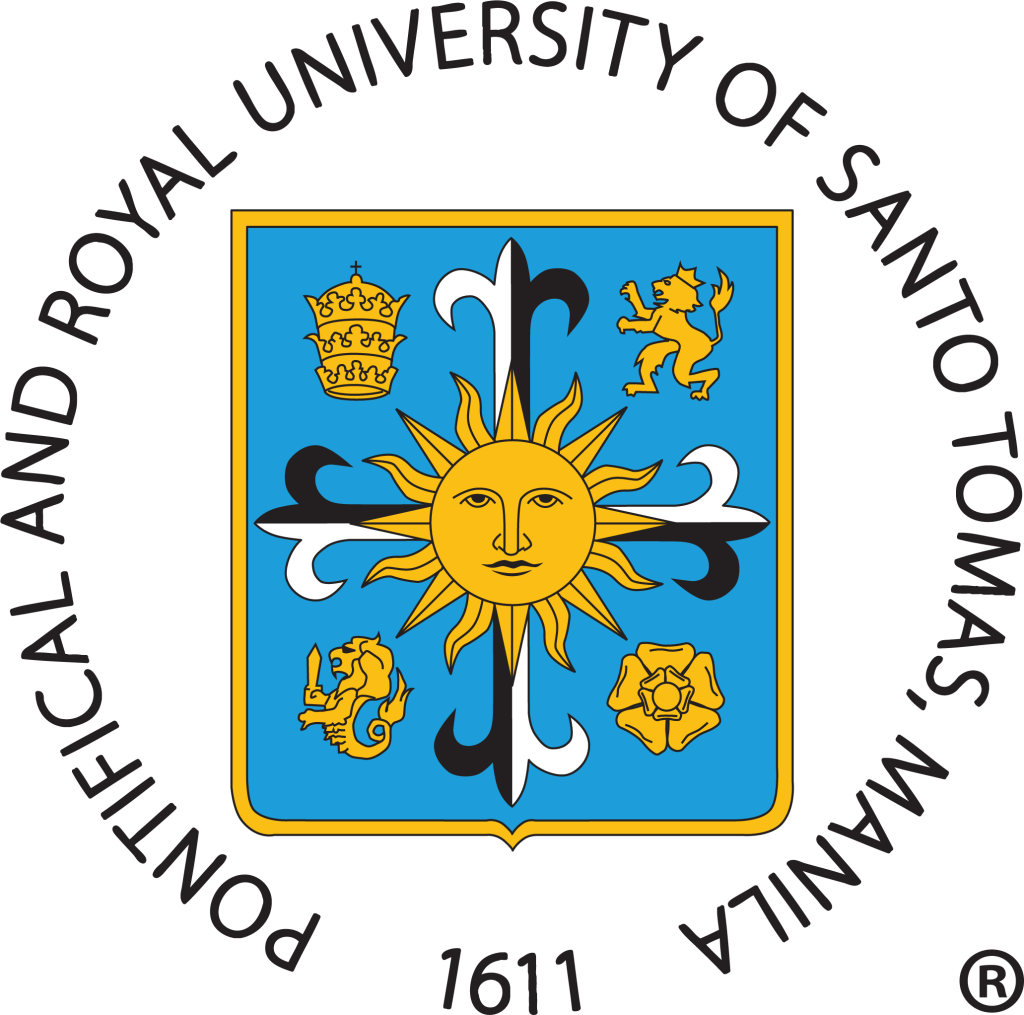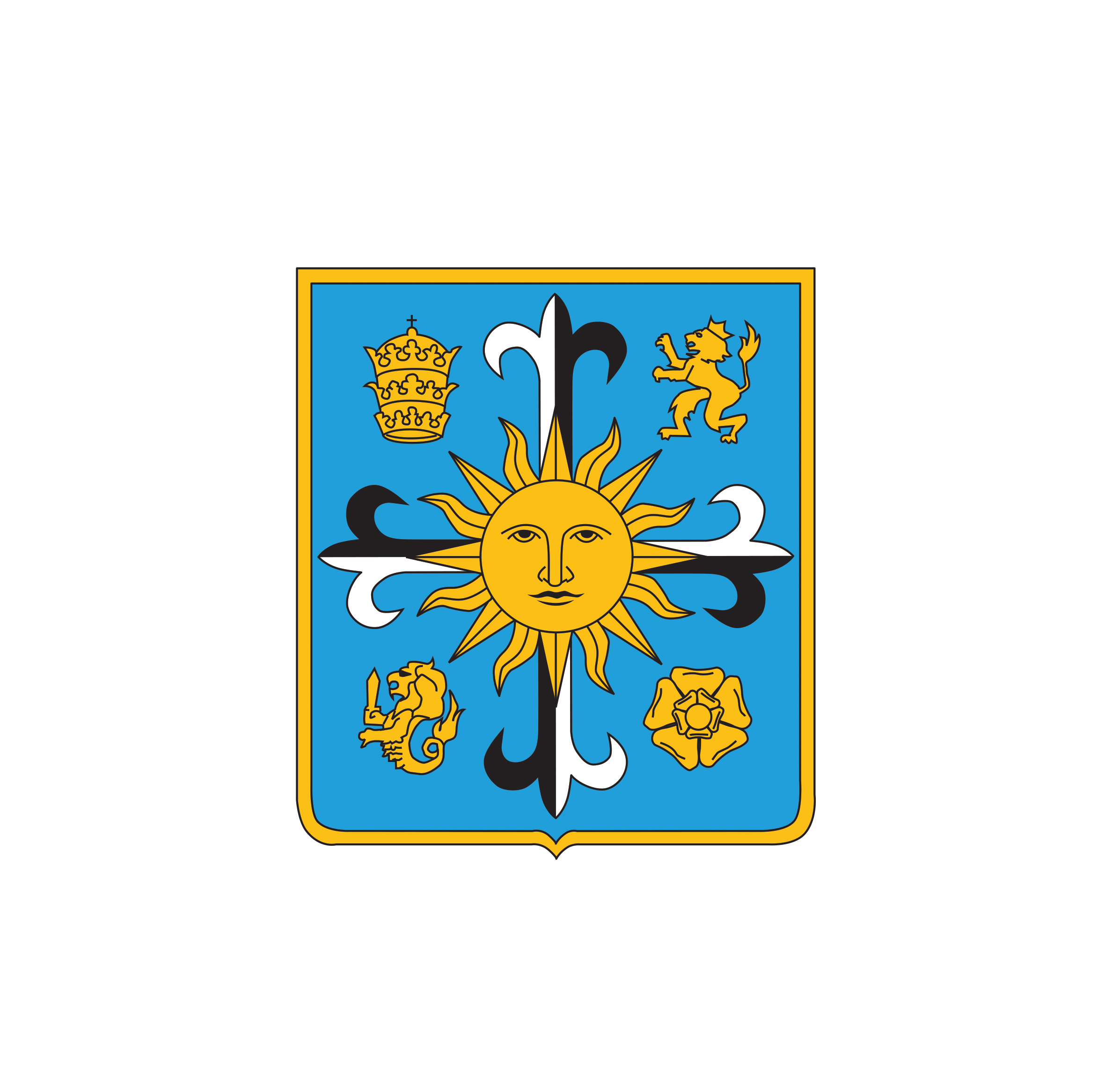

Academic Programs
ACADEMIC DEGREES
- The cyclical courses of study offered in the Faculty of Theology lead to the following degrees: Baccalaureate in Theology (3 years) for the first cycle; Licentiate in Theology (2-5 years) for the second cycle; Doctorate in Theology (2-5 years) for the third cycle.
- As a matter of general policy, enrollees for the Licentiate or Doctorate degree must finish the program within five (5) years following their enrollment. Those who fail to complete their degree within the prescribed period must take refresher courses to be determined by the Dean. They are, however, given only a maximum of ten years (inclusive of the five-year initial academic residency) to complete the program, beyond which they may be advised to discontinue their enrollment in the Faculty or repeat the whole program applied for.
A. General Admission Requirements
- The Faculty of Theology is primarily open to future members of the diocesan clergy. However, it is also open to religious men and women and members of the laity, provided that they meet the required qualifications (2024 General Statutes of the Ecclesiastical Faculties, Art. 19.1; Veritatis Gaudium, Art. 31).
- To be admitted to the Faculty, clerics and religious must present written permission from their respective Ordinary or Superior (2024 General Statutes of the Ecclesiastical Faculties, Art. 19; Veritatis Gaudium, Art. 31 and its Norms of Application, Art. 26, §1.1). Diocesan seminarians applying for residency in the UST Central Seminary must also go through the screening committee of the UST Central Seminary. Diocesan seminarians who are not residents of the UST Central Seminary may be considered for admission if endorsed by their own bishop.
- Applicants must present valid credentials of having satisfactorily completed the civil requirements for admission to the University, aside from possessing a working knowledge of Latin. All new students must submit, upon admission, other than the written recommendation from the Major Superior or Ordinary, the following documents:
a. Certificate of graduation from at least Senior High School (for those enrolling in the ITF program)
b. Certificate of Good Moral Character;
c. Certificate for Valid Transfer from the previous school;
d. Official copy of Academic Records (Form 138 or the Original Transcript of Records);
- Applicants to the Faculty of Theology, except those who graduated with any degree from the other two Ecclesiastical Faculties of the University, must take and pass the entrance examination. The entrance examination typically consists of the Mental Ability Test, English Test, Latin Test, and Essay Test. Additional items may be included based on the recommendations of the Faculty Council and/or the Admission Committee.
- No student may be admitted to the Faculty of Theology to pursue a degree while simultaneously working toward another academic degree from a different faculty (General Statutes, University of Santo Tomas, 2014, Art. 47, no. 4). However, students in the Licentiate Program are allowed to enroll in a dual program with either the UST Graduate School or the PDCIS-Institute of Preaching. These dual programs enable students to also earn the Master of Arts in Theology degree on the condition that they meet all the requirements for that civil degree (cf. 2024 General Statutes of the Ecclesiastical Faculties, Art. 21).
- As a general rule, the Faculty of Theology does not accept transferees. However, in a few exceptional cases, the Faculty may admit transferees under the following conditions:
a. Students must complete at least 60% of the required units in the program they are applying for (for applicants in the 2nd and 3rd cycles).
b. For B.Th. applicants:
i. Should be an incoming second-year student or an advanced student willing to be accepted into the second year of theological formation.
ii. Did not receive a failing mark or a mark of 3.0 or equivalent in two or more subjects in his/her previous school. - The admission of students to the Faculty is processed by the Admission Committee, whose functions are as follows (see 2024 General Statutes of the Ecclesiastical Faculties, Art. 19, no. 3):
a. To evaluate the academic records and other pertinent credentials of applicants;
b. To recommend the administration of the entrance examination;
c. To propose to the Dean who, among the applicants, may be admitted after due verification of their qualifications. - The Admission Committee is composed of the Dean of the Faculty as Chair, the Secretary of the Ecclesiastical Faculties, and (if needed) another professor as members. The Rector of the Central Seminary may be consulted regarding the admission of diocesan resident seminarians and student-priests of the UST Central Seminary.
- All applicants to the Faculty of Theology must submit the necessary documents for application.
a. He must accomplish the application form and submit a letter of application addressed to the Dean of the Faculty.
b. He must also submit a written recommendation from the Major Superior or Ordinary.
c. He must furnish the office with a photocopy of his complete academic records. All these documents should be submitted to the office of the Ecclesiastical Faculties before the applicant is scheduled to take the entrance examination.
- Once the above-mentioned documents are cleared by the Admission Committee, the applicant is scheduled for an entrance examination. Only applicants who have successfully passed the entrance examination may be admitted to the Faculty.
- The entrance examination is scheduled by the UST Office for Admission through the coordinator of the Ecclesiastical Faculties. Qualified applicants are notified by the Office of the Ecclesiastical Faculties about the venue, date, and time of the examination. The office of the Ecclesiastical Faculties informs the applicants of the things that would be needed for the examination. No applicant is allowed to take the entrance examination unless he is properly endorsed by the office of the Ecclesiastical Faculties.
- All international applicants are expected to have accomplished all the legal requirements needed to pursue their studies at the University of Santo Tomas. They are also required to submit a certificate of having accomplished an English proficiency examination from either TOEFL or IELTS, or a similar English language proficiency certification.
- Applicants who passed the entrance examination must submit the original documents of their academic records (and other legal documents when specifically required) before the date of enrollment. No applicant is allowed to enroll unless these documents are submitted. These include:
a. Form 138 (Report card) for those who have just completed their Senior High School studies (only for those who are enrolling in the ITF program);
b. Official Transcript of Records (for those who have finished their previous degree abroad);
c. Certificate for Valid Transfer or similar document - Applicants seeking admission to the Central Seminary must also attend and pass the Orientation Seminar conducted by the Seminary administrators.
C. Fees and Discounts
- Students are given appropriate scholarships for their studies. All are, however, required to pay full miscellaneous and other fees. Moreover, additional courses no longer required for their respective degree shall be charged with fees similar to those in the Civil Faculties.
- For students in the Bachelor in Theology program, the following discounts are applicable:
a. For students residing in the Central Seminary, 100% discount on tuition fees.
b. For students residing outside the Central Seminary, 20% discount on tuition fees. - For students in the Licentiate in Sacred Theology (S.Th.L.) and Master of Arts in Theology programs, the following discounts are applicable:
a. For students residing in the Central Seminary, 50% discount on tuition fees;
b. For students residing outside the Central Seminary, 20% discount on tuition fees. - Students will also be required to pay other fees which include examination fees, thesis defense fee, adviser’s fee, and others. Tuition, miscellaneous, examination and other fees vary from year to year and are based on the University’s computation of the charges.
- Students admitted to and enrolled in the Faculty of Theology are bound by that token to abide by and comply with all rules, regulations, policies, and requirements of the institution. Students found wanting in the observance of rules, regulations, policies, and requirements, particularly the observance of the study program, the attendance at classes, and the taking of examinations, shall be subject to commensurate disciplinary action as decided by the Dean or the Faculty Council.
- In cases of grave violation of regulations, students may be suspended or even expelled from the Faculty. However, the students involved shall always be given the chance to defend themselves and thus, to safeguard their rights in accordance with the procedure established in the Student Handbook of the University.
- All complaints against students’ misdemeanors should be formally forwarded to the Office of the Dean, who shall initiate the investigation and possibly determine the proper disciplinary action whenever applicable.
Students in the Faculty of Theology are classified as:
- Ordinary – those who pursue courses for the purpose of obtaining a degree;
- Extraordinary – those who pursue courses in order to meet the requirements of the ecclesiastical career;
- Special – those who take up individual subjects, either main or auxiliary, for their own advancement and without the intention of working for academic degrees;
- Auditors – those who attend classes in individual subjects or courses without obtaining credit.
- To provide the students with an adequate forum for student dialogue, with a venue to exercise co-responsibility in their formation and with a representative body for their participation in the life of the Ecclesiastical Faculties, they shall have a Student Council (Theological Society, TS) to be governed by the rules of the Church and the University.
- Through the Student Council and its various commissions, the students shall be encouraged to organize academic, cultural, liturgical and community-service activities. These and other related activities, particularly the academic, are to be supervised by the administration of the Faculty according to the principles of solidarity and subsidiarity.
The official student organization of the Faculty of Sacred Theology is known as UST Theological Society.

© Copyright 2025 . UST Ecclesiastical Faculties . All Rights reserved.